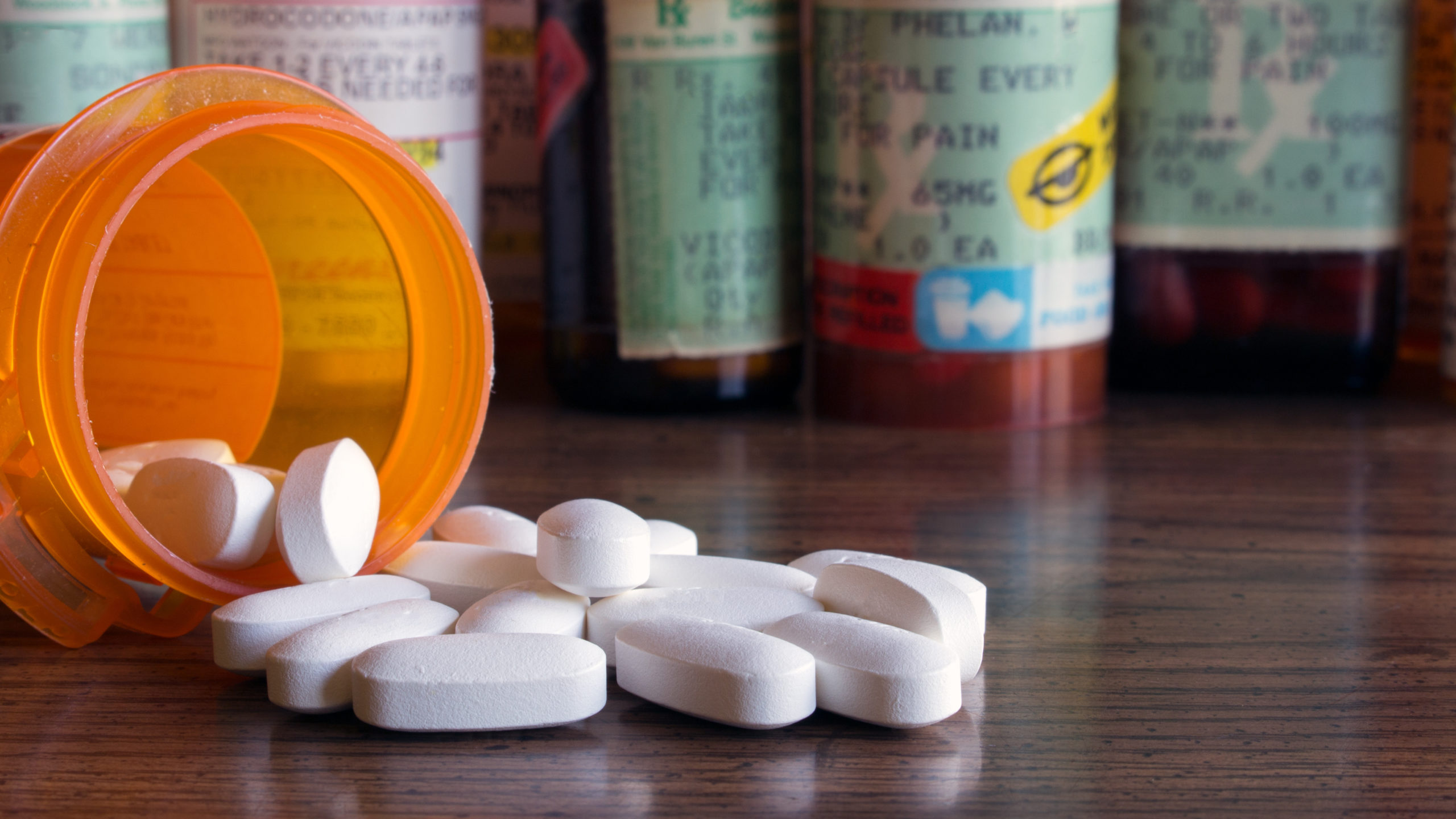Addiction recovery can have many obstacles, one of which is managing pain during and after surgeries or dental work. For many, it can be rewarding to finally prioritize health issues that may have gone ignored while in active addiction. However, many individuals have hesitations out of fear of relapse due to narcotics prescribed by a doctor.
In this article, we hope to offer clarity and peace of mind for these tricky health scenarios. We’ll offer advice to help you or a loved one prioritize your health without sacrificing recovery. Fortunately, thousands of people in addiction recovery navigate dental work and other surgeries, and you can too!
Never Ignore Dental Work
Unfortunately, some may put off dental work or other surgeries out of fear of pain medications. This can actually lead to relapse in and of itself. That’s because when you ignore dental issues, pain can be a trigger. Some may find themselves craving or self medicating when they aren’t treated properly. We cover this in more detail about our guide about pain killers in recovery.
First and foremost, take initiative with health issues and discuss treatment with your doctor.
Be Open and Honest About Recovery
It’s important for your doctor or dentist to know about your addiction history. Dental work can often be treated with non-narcotic pain medication. For invasive surgery, your doctor may strongly recommend prescription pain medication, such as opioids. Talk with your doctor about the risks associated with these medications. Only you can know your pain tolerance and whether pain medication is necessary. For those with a history of prescription opioid addiction, it’s imperative to consider this decision carefully. You may discuss a limited prescription with your doctor to avoid abuse.
Lean on Sober Support
If pain medication is required, discuss this with your counselor, sober support system, such as sponsor or 12-step group, and friends and family. You may consider having a friend or family member dispense the medication to you as needed to ensure it is taken as prescribed and to avoid temptation.
Bring A Friend
Having sober support with you for your dental appointment or surgery can be immensely helpful. It can help calm fears and they can help you get home safely if anesthesia was required. They can also help fill prescriptions in case you aren’t comfortable getting them yourself.
Meditate
Whether for pain or anxiety, meditation is proven to treat both. Mindfulness meditation techniques can relieve pain naturally, while meditation prior or during your procedure can help alleviate fear. Fear can be just as much a trigger as pain, so it’s important to find coping skills to treat any fears associated with the dentist.
More Caution in First Year of Sobriety
The first year of recovery is especially fragile. Those who stay sober for a year or more have significantly increased success of long term recovery. Exercising increased caution for major life events, such as surgeries, is generally advised. Consider if the surgery is urgent or if it can be delayed. Always discuss this with your doctor before making decisions.
Spiritual Support
Like any other time of stress, leaning on spiritual support, such as 12 step recovery, church, ministers, and prayer can all help with navigating the anxiety or pain of surgeries.
Pain Management Techniques
Physical therapy or gentle exercise can help naturally alleviate pain and improve recovery. Cold and heat therapies such as ice packs can also reduce pain and inflammation.
Lifestyle Considerations
Lifestyle can also have an impact on both anxiety and pain after surgery.
- Nutrition: Eat a balanced diet to help your body heal.
- Hydration: Keep yourself well-hydrated, which is essential for recovery.
- Rest: Ensure you get plenty of sleep and rest to aid in the healing process.
Can Recovering Addicts Get Anesthesia?
Though anesthesia can carry some risk, triggering a relapse is not very likely when following the suggestions above. General anesthesia will put a patient to sleep so that they are completely unconscious, so cravings are not likely to occur. For this reason, some dentists may opt for general anesthesia opposed to nitrous oxide (“laughing gas”) for those in addiction recovery.
Recovery from surgery as a recovering addict requires careful planning, open communication, and a strong support network. By taking proactive steps and utilizing available resources, individuals in recovery can manage their pain effectively and minimize the risk of relapse. Always consult with healthcare professionals for personalized advice and support. OARC is always available for alumni navigating stressful health situations. Contact our alumni coordinator if you’d like to discuss support for surgeries or dental.







